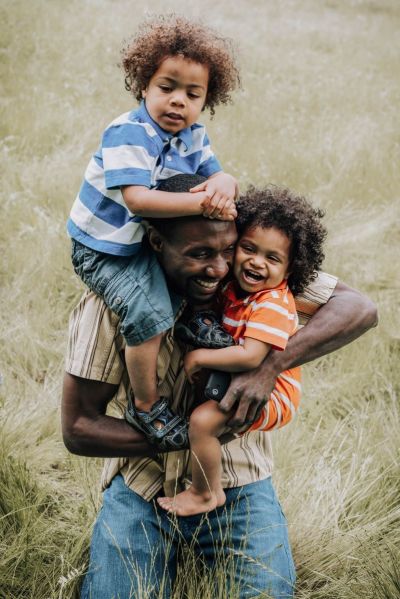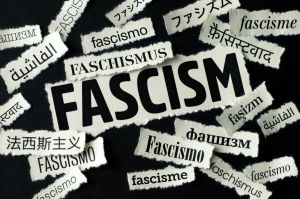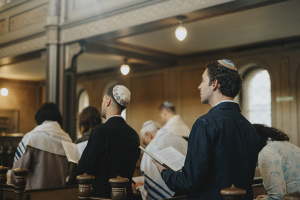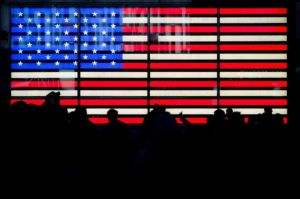Absentee fathers, not guns, are the problem

The father of the teenager who murdered 19 children and 2 adults in Uvalde, Texas said:
“He probably would have shot me too, because he would always say I didn’t love him.”
The father is also a criminal. He has an apparently lengthy criminal record. His most deadly crime, however, isn’t on his record. His most deadly crime is that he is an absentee father.
A father who doesn’t value his child’s life is teaching his child a person’s life isn’t valuable.
Sixty-three percent of teenagers who commit suicide are fatherless. Seventy-two percent of adolescent murderers are fatherless. Seventy-five percent of adolescents in rehab centers for drug abuse are fatherless. Sixty percent of rapists are fatherless. Eighty-five percent of teenagers in prison are fatherless.
And especially, 75% of the most-cited school shooters in America are fatherless — just like the teenager who walked into Robb Elementary School to murder 21 people.
Of course, most fatherless people value life. Fatherlessness doesn’t make a person a mass murderer or a criminal. However, fatherless children are significantly more likely to commit crimes. For instance, a 2012 study on juvenile male inmates found that fatherless boys are 279% more likely to carry guns for criminal behavior.
Absentee fathers discourage their children and they provoke them to anger (Colossians 3:21, Ephesians 6:4). I know that too well. Eighty-five percent of children with behavioral problems are fatherless — that describes my childhood.
I was involved in over 20 fights before I was 18 years old. Most of these fights happened when I was between 4-10 years old, especially when other children made fun of me for being fatherless.
I didn’t know how to maintain my composure when other children blamed me for my father’s absence. After all, it was hard to refute them. My father, indeed, didn’t love me. He left my mom and our family after my mom became pregnant with me.
Therefore, I lacked discipline and self-control. I didn’t know how to respond to insults without anger and violence. By the grace of God, my extraordinary mother, and especially the Gospel, changed me.
Nevertheless, I know fatherlessness is one of the most damaging things children can experience. I know the potentially deadly consequences of absentee fathers.
I know that if the school shooter’s father valued his son’s life — his son would have been more likely to value other people’s lives too.
But many of us are unwilling to consider that. After all, Black Lives Matter maintains strong support from our society despite its feminist agenda to “disrupt the Western-prescribed nuclear family structure.”
It’s horrific to imagine what the school shooter’s big gun did to the children’s little bodies. It’s horrific to think about the gunshots silencing the children’s screams. It’s painful to think about.
Blaming the school shooting on gun rights, however, isn’t helpful. We have a habit of prescribing the wrong solutions to deadly issues. Guns are not the problem. Gun control isn’t the solution.
Originally published at Slow to Write.
Samuel Sey is a Ghanaian-Canadian who lives in Brampton, a city just outside of Toronto. He is committed to addressing racial, cultural, and political issues with biblical theology, and always attempts to be quick to listen and slow to speak.




























